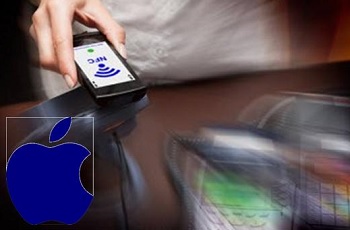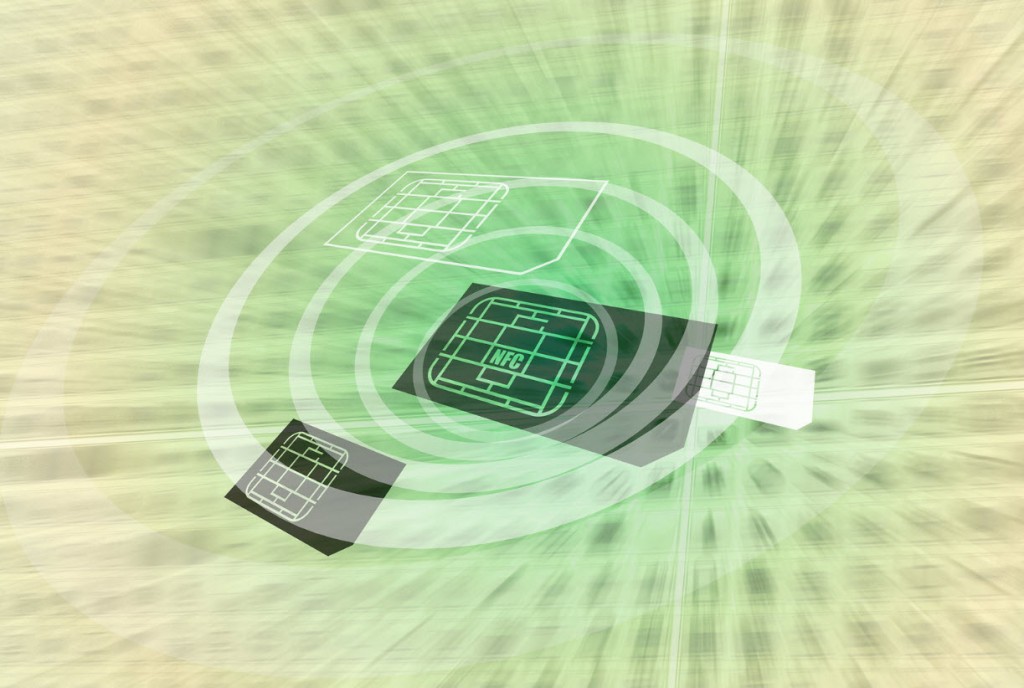A group of banks in Australia have accused the iPhone maker of delaying the progress of mobile payments.
A number of Australian banks have come together in a claim that Apple NFC technology restrictions are keeping mobile payments from progressing. They feel that mobile wallet services could be advancing faster across multiple platforms, but the iPhone maker’s tech restrictions are proving to be highly problematic.
The banks have said they feel that lifting the NFC restriction considerably change the ecosystem.
The group of Australian banks described the struggle they feel with the Apple NFC technology restriction in a submission to the Australian Competition and Consumer Commission(ACCC). The submission was 27 pages long and described the way the NFC restriction is not only stopping new mobile wallets from being accessible across different platforms, but it is also placing a barrier in the way of progress.
 The four banks insist that the restriction is leading to a fragmented customer experience and that if access is not made available there “simply will not be the same incentives and ability to innovative,” when it comes to progress on iOS based devices or others, for that matter.
The four banks insist that the restriction is leading to a fragmented customer experience and that if access is not made available there “simply will not be the same incentives and ability to innovative,” when it comes to progress on iOS based devices or others, for that matter.
The restriction from Apple NFC technology is important in Australia as it represents 40% of smartphones.
In the report from the banks, they pointed out that “approximately 40% of smartphone sales are iPhones,” in the country. That said, they also underscored that “the value and importance of the iPhone customer segment for app uptake, use and expenditure far outweigh this share.”
To illustrate the point, the report said that about 60 percent of mobile banking transactions come from iPhone users. Moreover 70 percent of Australian mobile app revenues come from those same devices. As Apple smartphone users are more likely to use mobile wallets and banking and will more readily embrace newer technologies, these are also the users most likely to push tech innovation, such as with mobile payments.
By restricting the Apple NFC technology, the banks claim that progress in other areas of mobile payments is being hobbled. iPhone users are typically more tech focused, wealthy, engaged by and attached to their devices. By cutting them off from tech other than that produced by the iPhone maker itself, competition and opportunity from elsewhere is stunted, said the report.

 The SpeedTap tag is produced by Thinfilm. It includes an NFC chip that would make it possible for consumers and government officials to connect to the certified digital replica of a document. This way, a single tap of an
The SpeedTap tag is produced by Thinfilm. It includes an NFC chip that would make it possible for consumers and government officials to connect to the certified digital replica of a document. This way, a single tap of an 